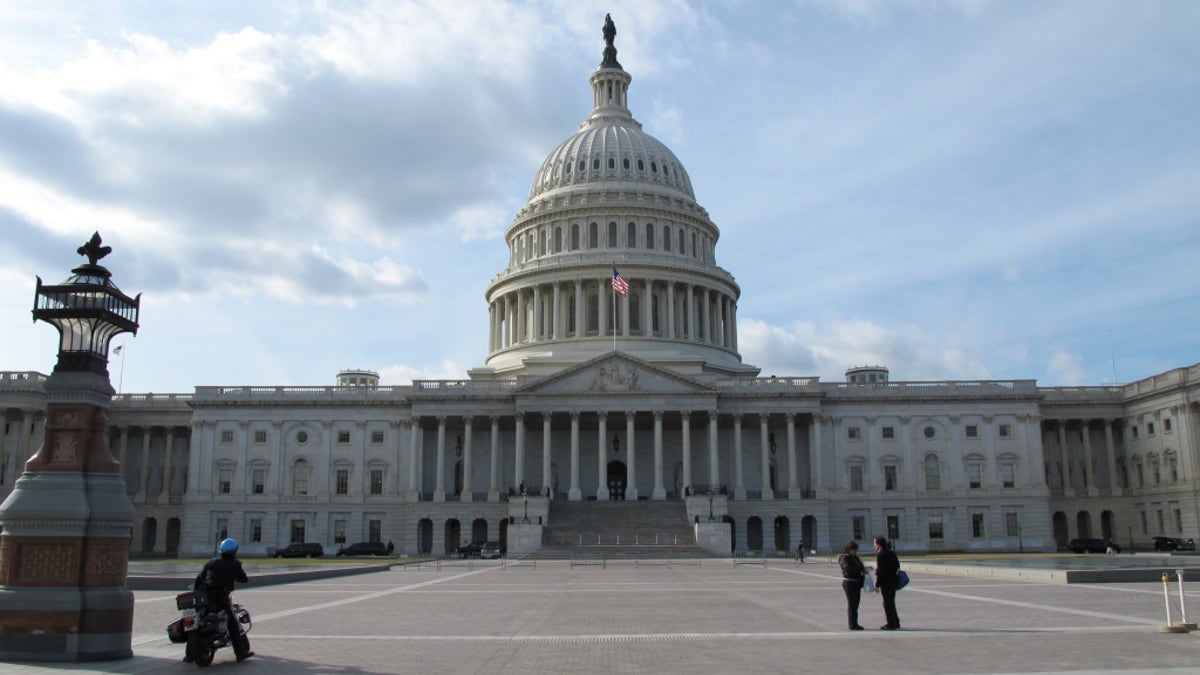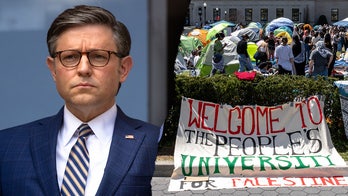
While Congress engages in a legislative tug-of-war over missile defense and keeping the federal government running, lawmakers might as well add this Christmas carol amendment to their docket: "There's no place like [the Senate floor] for the holidays.
But political prognosticators question whether the 2011 congressional calendar will carry the gridlock well past New Year's Day.
In early December, Rep. Eric Cantor (R-VA) released a 2011 calendar that will guarantee members at least one five-day work week per month to return home and meet with constituents. In a letter to colleagues, Cantor touted the plan as reducing schedule fluctuations, minimizing travel time, and stressing "quality over quantity."
The new calendar does not align with Sen. Majority Leader Reid's more run-of-the-mill legislative schedule, which plans recesses around federal holidays. That leaves at least twelve weeks during which one chamber will be in session, while the other is taking a break.
And while some lame duck lawmakers have suggested punting measures into January, the calendar says Reid's Senate will be in recess for much of that month, while the House sticks around town.
"It obviously could slow things down, especially in January. There is a misalignment of schedules," says Dr. Steven Billet, director of the Masters in legislative affairs program at George Washington University's Graduate School of Political Management. "It is a bit unusual," he observes. "One house gets ready, they tee up a piece of legislation and pass it, and then say, ‘Oh, there's nobody over here.'"
But Billet says the mismatched calendars aren't an anomaly - and if legislation stalls in the 112th Congress, the calendar probably won't be to blame. "It's easy enough to conclude this might contribute more to the anticipated gridlock, but I'm not so sure about that," he says, noting that the shifting power balance in both chambers is more likely to stall legislation. "Obviously we anticipate it's going to be a tough session. There's going to be a measure of gridlock, but I'm not sure it will be all that different from what we've seen up until now."
Political soothsayers point to Reid's failure to push through the mammoth omnibus spending bill in the lame duck session as an indicator of a major budget battle in 2011. And Billet says the gridlock shouldn't raise any eyebrows.
"The hyper-partisanship we've seen is something that people need to get used to as much as anything else. This is the new normal," Billet says, noting that with fewer moderates to provide a "basis for deal-making," voting along party lines in the last few Congresses has become more of a default than anything else. "The deal-making of the future is probably going to look a lot different than what we were accustomed to over the last several decades," he predicts.




